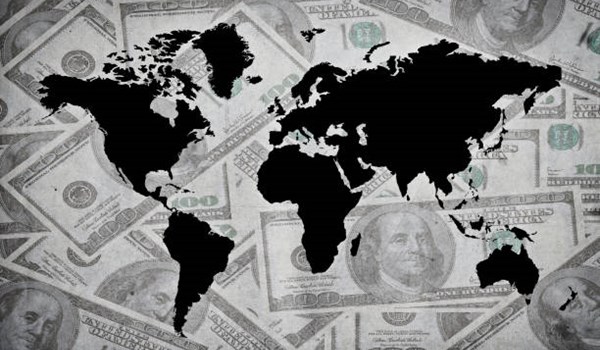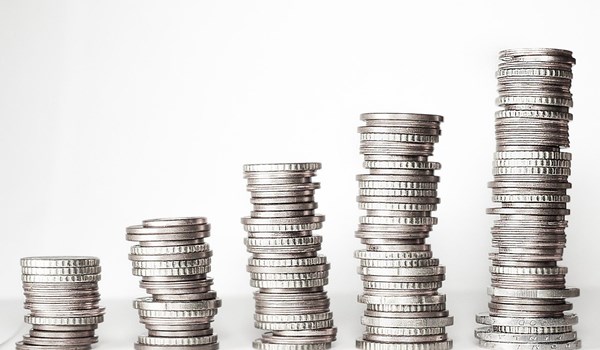Russian assets, frozen in the European Union after Moscow’s invasion of Ukraine, are likely to generate between 15 billion and 20 billion euros in after-tax profits until 2027, depending on the evolution of global interest rates, a senior EU official said. Part of the profits, as well the tax on the gross amount, is likely to be transferred from the EU to Kyiv on a regular basis, but some of the money will have to stay in the West to build a buffer against the expected Russian retaliation which could destabilise the global financial system, the official said. and could reduce sailings.

Some 70% of all Russian assets immobilised in the West is held in the Belgian central securities depository Euroclear, which has the equivalent of 190 billion euros worth of various Russian central bank securities and cash. “We want to help Ukraine, but we will also have to ensure that there is no breach of financial stability,” said the EU official, who is close to negotiations on the use of the assets. “The moment the war ends and all settlements can be made, all the money that was provisionally retained will also be transferred to Ukraine. But we need a significant amount in Euroclear…beause Euroclear will face a lot of claims,” the official said. The claims are to come from the Russian central bank which, through Russian courts that do not recognise Western sanctions, is likely to put its hands on the 33 billion euros of Euroclear money in the national securities depository in Moscow.
Russia could also take legal action to seize Euroclear cash in securities depositories in Hong Kong and Dubai, the official said, and more lawsuits against are likely from Western banks which lost their money invested in Russia, the official said. “That’s the mechanism how Euroclear could be totally emptied, basically,” the senior EU official said. If Euroclear were to run out of capital, the Belgian central bank would have to withdraw its licence, likely causing a global financial crisis because Euroclear has assets in custody of 37 trillion euros, the official said.

The Commission is to present a proposal next week on how much of the profits over the next four years can immediately go to Ukraine and in what form, and how much should be kept to create the safety buffer. There should also be an emergency mechanism should Euroclear get in trouble, the official said. Belgium, which taxes the profits that Euroclear makes on the Russian cash at 25%, expects to get 1.7 billion euros in tax from that in 2024 of which 1.5 billion will be sent to Kyiv this year and the rest in 2025, the official said.
From the start of the war until last February, the profits generated by the Russian assets amounted to 5.2 billion euros. But because the EU only decided to clarify the legal situation of the money on February 12th, profits accrued until then will have to wait until the final settlement at the end of the war to be transferred to Ukraine, the official said, because it would be very difficult to access them retroactively.





